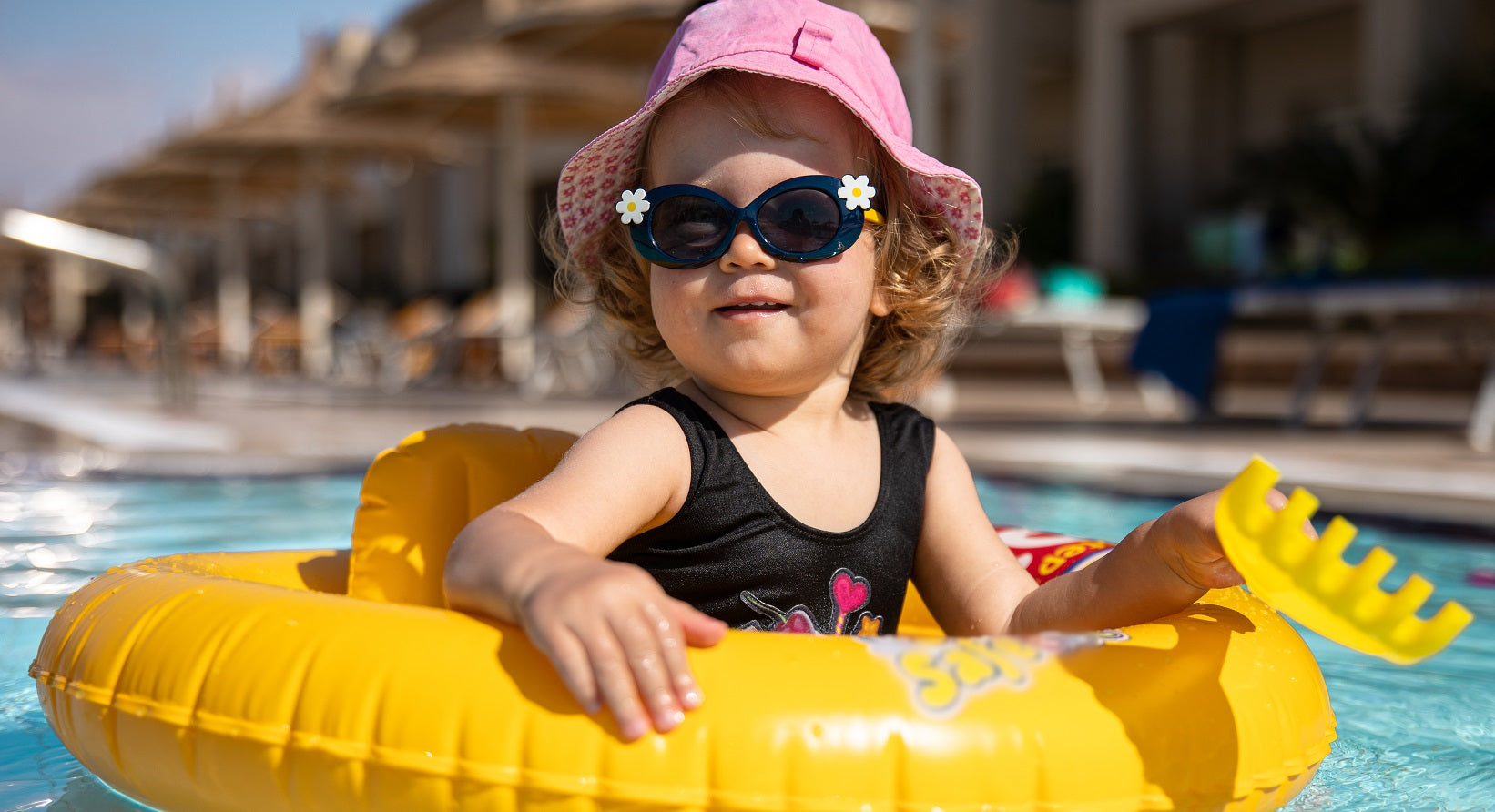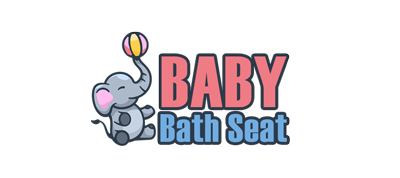
Jan 10 , 2024
Ensuring Infants Stay Comfortable During Warm Weather
As temperatures rise, ensuring the comfort of our little ones becomes a top priority. Due to their heightened sensitivity to heat and inability to regulate temperature like adults, it's essential to take specific measures to keep babies cool on warmer summer days.
Hydration is Key:
Like adults, babies need to stay hydrated in warmer weather. For breastfeeding infants, additional feeds are necessary, even at night, to maintain hydration. Breastfeeding parents should prioritize staying well-hydrated with water. Formula-fed babies can be given small amounts of cooled boiled water (up to 30ml per day) between feeds.
Appropriate Dressing:
Opt for lightweight, loose-fitting clothing made of breathable fabrics such as cotton. Dress your baby in easily removable layers, especially if transitioning between different temperatures, such as from warm outdoor weather to a cool, air-conditioned environment.
Sun Protection:
Shield your baby from the sun by keeping them in the shade whenever possible. Equip them with a hat to protect their head and face. A sun parasol for the buggy is a useful addition. Avoid covering the buggy with blankets, as this can increase internal temperatures. Lightweight sun-protective clothing is preferable to sunscreen for babies under 6 months.
Cooling Strategies at Home:
Keep your home cooler on the hottest days by keeping curtains and blinds shut all day. Only open windows during the coolest parts of the day—morning and evening. Create cross-ventilation by opening multiple windows simultaneously. If you have a loft hatch, opening it can redirect warmer air into the loft, helping maintain a cooler home. Unplug unnecessary electronics, as they generate heat.
Refreshing Bath Times:
Utilize bath time as an opportunity to cool your baby down. A lukewarm bath can lower their temperature and offer relief from the heat. Bath time doesn't have to be limited to bedtime, but always ensure never to leave a baby or young child unattended in the bath.
Use a Fan Wisely:
Employ a fan to circulate air in the room at night, providing a cooling effect for both you and your baby. Avoid pointing the fan directly at the baby to prevent them from getting too cold—an oscillating fan is a preferable choice.
Watch for Signs of Overheating:
Be vigilant for signs such as excessive sweating, flushed skin, rapid breathing, fussiness, or lethargy. If observed, bring the baby to a cooler environment, offer fluids, and seek advice from a medical professional if necessary.
Monitor Baby's Comfort at Night:
Pay attention to your baby's sleep patterns; if they wake frequently, it might indicate discomfort. Check the back of their neck or tummy for warmth; dampness suggests they might be too hot, requiring the removal of a layer. Cool extremities (arms, hands, or feet) are normal and help regulate their temperature. It's better for a baby to be cool rather than hot, and they will communicate if they are too cold.
